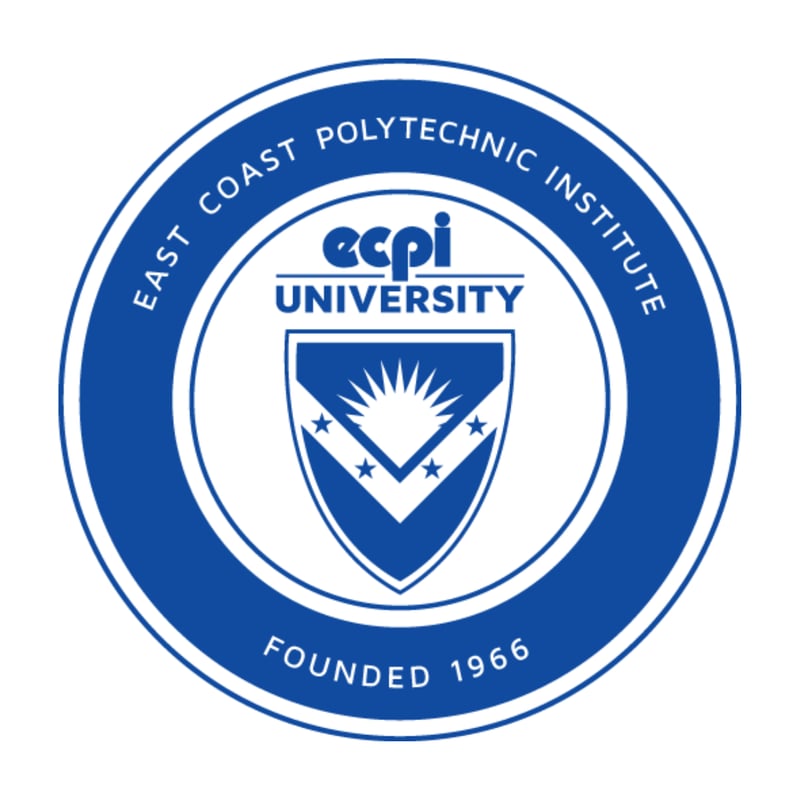
Financial aid (may be available)

No cost info

Financial aid (may be available)

Financial aid (may be available)

Financial aid (may be available)

Financial aid (may be available)

No cost info

Financial aid (may be available)

Financial aid (may be available)

Financial aid (may be available)
Learn about the components of supply chains including supply chain networks, supply chain facilities, transportation, and inventory management as well as how emerging technologies affect them with our Supply Chain Fundamentals Certificate. These courses are perfect for learners seeking to enter the supply chain profession, as well as those who are seeking to enter supervisory roles or enter a new domain within the supply chain.
No cost info
This certificate program provides a foundation in supply chain and logistics management from both a U.S. as well as global perspective, preparing participants for professional careers with manufacturers and distributors, transportation carriers, and logistics service providers.
No cost info
American Military University (AMU) offers a logistics management certificate at the graduate level. It provides in-depth study of logistics and supply chain management with consideration of global impacts.
AMU’s online logistics certificate emphasizes transportation factors related to logistics, especially the maritime industry. The curriculum covers topics such as:
Transportation policy and planning
Transportation management and economics
Port and terminal operations
This program is an appropriate choice for those who wish to increase their knowledge of logistics and supply chain management without committing to a full degree program.
No cost info
No cost info
The online Logistics and Supply Chain Management Certificate from CCU will help you gain a deeper understanding of the processes and fundamentals within supply chain and inventory management, including purchasing and inbound logistics; material handling in distribution centers; warehousing and warehouse management; financial and inventory controls; transportation and distribution; and reverse and global logistics.
No cost info

$2,730 total

No cost info
No cost info

$2,625 total

$2,625 total
Logistics is an essential part of any business or organization. It involves the coordination and management of the flow of goods, services, and information from the point of origin to the point of consumption. If you are interested in pursuing a career in logistics, there are several options for training and education in San Diego. In this blog post, we will explore the different logistics classes available near you and what you can expect from these programs.

Logistics is a field that encompasses several aspects of supply chain management, including inventory management, transportation, warehousing, and distribution. It plays a crucial role in ensuring that goods and services are delivered efficiently and on time. With the increasing demand for logistics professionals, there are numerous opportunities for individuals to pursue a career in this field.
Before diving into the logistics classes available in San Diego, it is essential to understand what logistics is all about. Logistics involves the planning, implementation, and control of the efficient and effective flow and storage of goods, services, and related information. It is a critical component of supply chain management and plays a vital role in meeting customer demands and satisfaction.
To excel in the field of logistics, it is important to have the right training and education. While there are no specific educational requirements for entry-level positions, having a relevant degree or certification can significantly enhance your job prospects. Here are some of the common training requirements for pursuing a career in logistics:
When searching for logistics classes in San Diego, it is important to consider certain factors to ensure that you choose the right program for your needs. Here are some things to look for when evaluating logistics classes:
Logistics classes typically involve a combination of classroom instruction, practical exercises, and real-world case studies. Here is what you can expect from the day-to-day class:
Obtaining a certification in logistics can further enhance your credentials and job prospects. The certification process typically involves the following steps:
Once you have completed your logistics training, it's time to start looking for a job in the field. Here are some strategies to help you find a related job:
Once you have become a logistics professional, there are several other classes you can take to further enhance your skills and knowledge. Here are some examples of related classes you may consider:
If you are interested in pursuing a career in logistics, there are numerous options for training and education in San Diego. Whether you are just starting your journey or looking to advance your career, the right logistics class can provide you with the knowledge and skills you need to succeed. Remember to consider factors such as accreditation, curriculum, and hands-on training when choosing a logistics program. And don't forget to utilize resources like Dreambound to find the perfect class for you. Good luck on your logistics journey!
Dreambound is your go-to for city-specific guides if you're starting in this field. And if you're in another location or considering a change, we've written several others as well.
Contemplating a transition in your career or exploring various professional paths? Dreambound has written many guides to help you in making informed decisions. Here are a few:
Dreambound's platform allows prospective students to find the right educational program for them through searching, filtering, and connecting with our extensive selection of career & technical education partners.
Dreambound has over 70 programs across healthcare, technology, business, and industrial trades. This includes programs such as Medical Billing, Cybersecurity, and welding.
Some of our schools offer financial aid for those who qualify. Many others offer payment plans, where you can pay the cost of class over time.
Yes, Dreambound offers many online programs. On Dreambound's search, you can filter by online, in-person, and hybrid (part online, part in-person).
Dreambound is completely free for you to use! We are supported by schools and organizations who pay to advertise on our website, so we can offer all of our career resources for free.